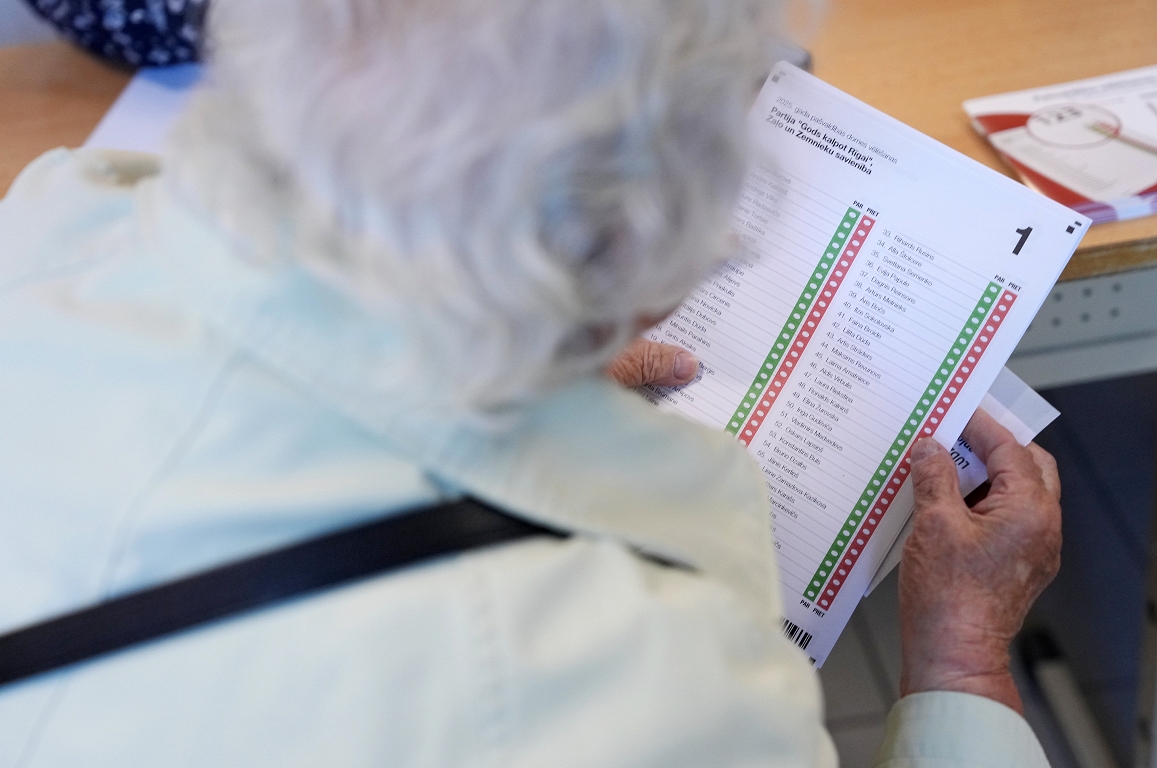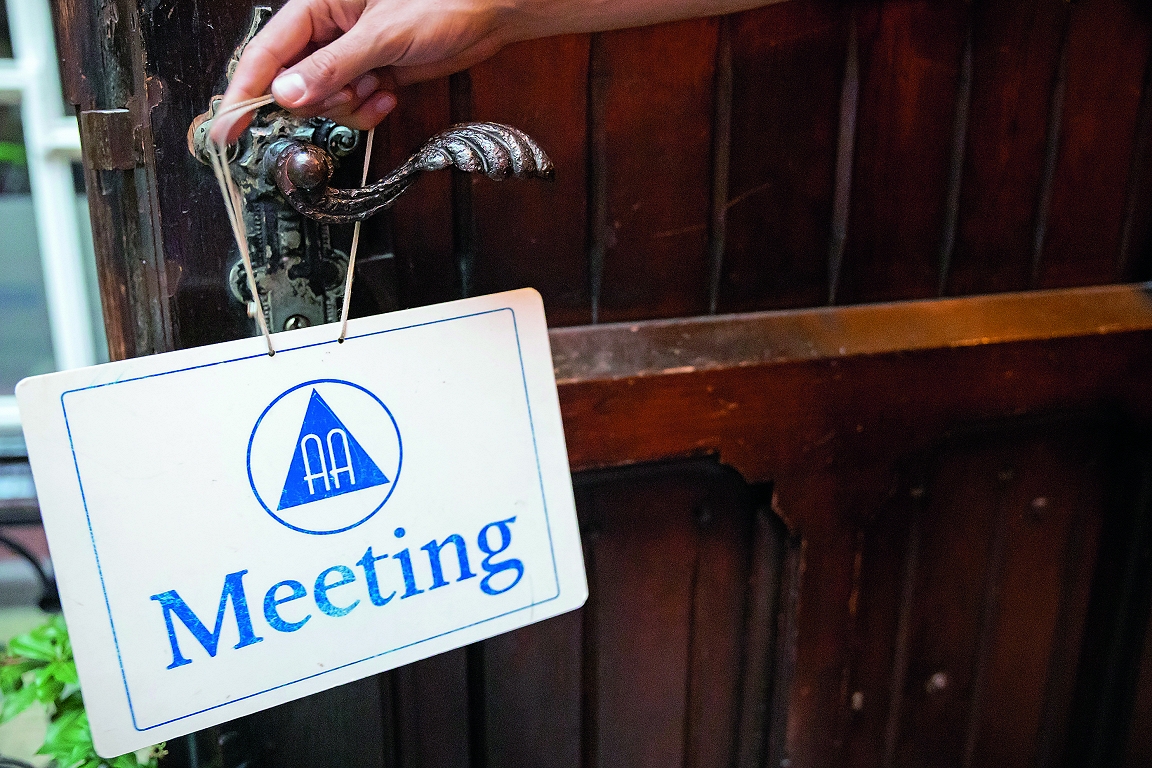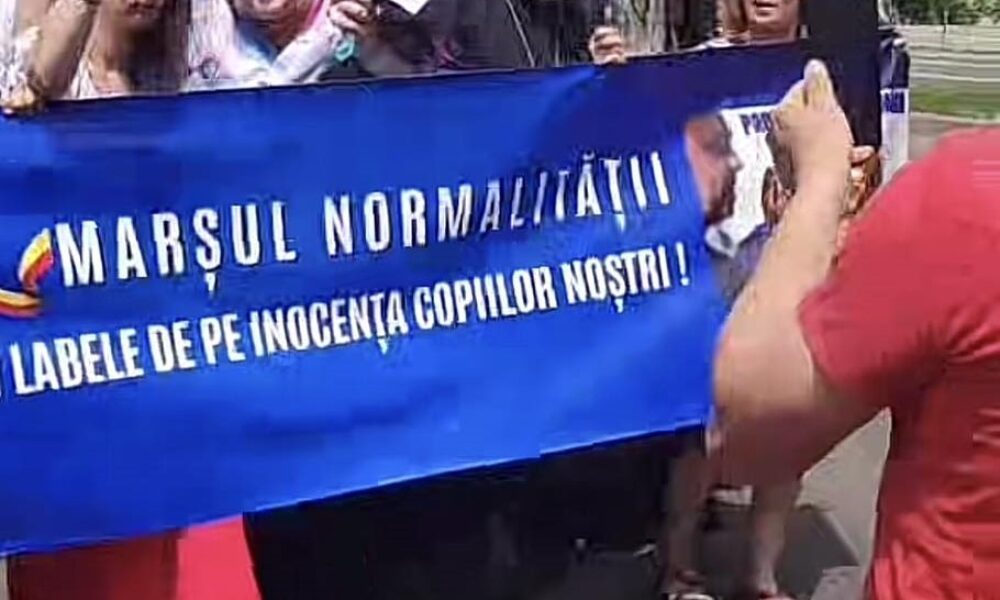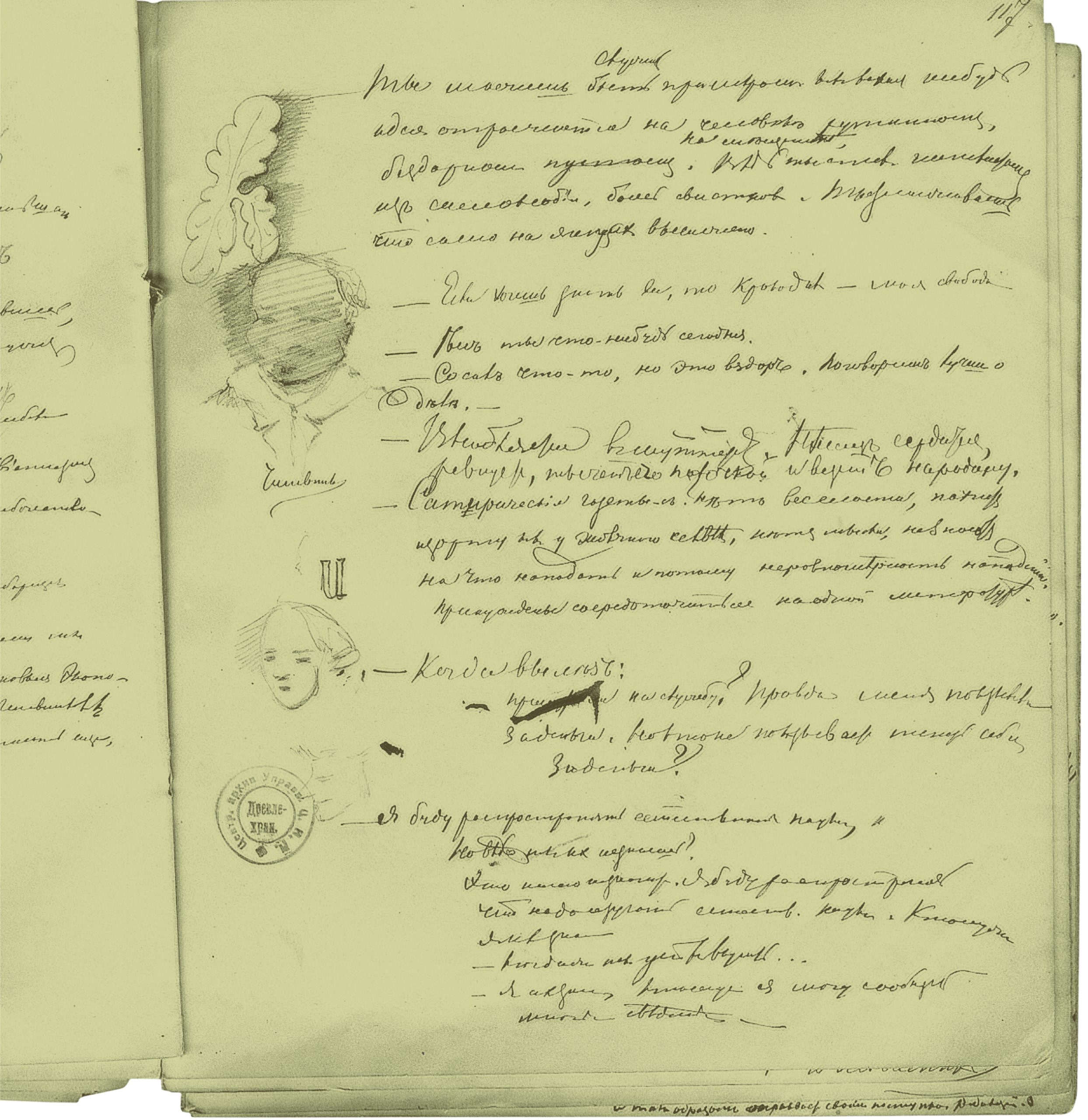Two more dangerous toxin -forming intestinal sticks have been registered / day
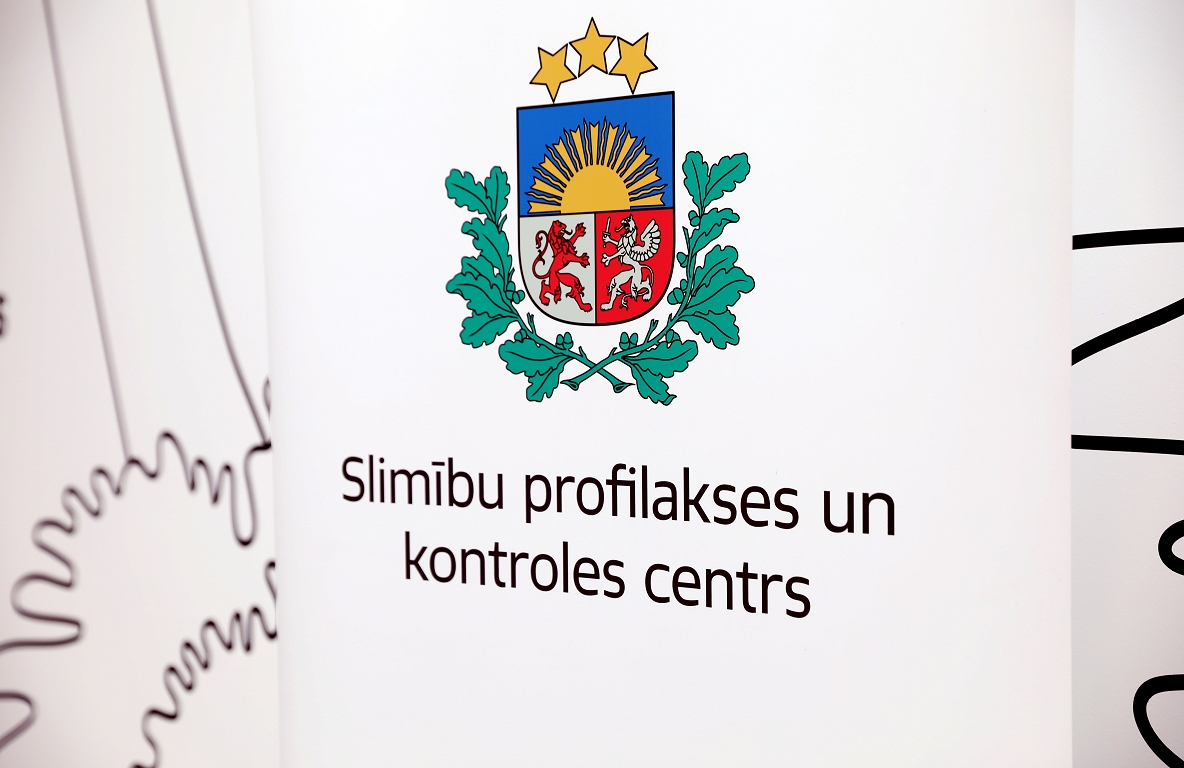
On Tuesday, the SPCC received information from the Children’s Clinical University Hospital.
Currently, 12 cases have been registered – ten children and two adults in Riga, Adazi, Sigulda, South Kurzeme and Salaspils.
SPCC epidemiologists work with pre -school educational institutions registering patients, explaining the reasons for the absence of all children, as well as organizing the laboratory examination of children and contacts with symptoms of acute intestinal infection.
Communication has also begun with GPs with children with symptoms of acute intestinal infection. The SPCC calls for intensified monitoring of the health condition in the dynamics as the patient’s condition may worsen later.
Working with the Food and Veterinary Service (FVS) is also ongoing in connection with the tests of pre -school cooking sites, identifying the health status of employees and explaining the reasons for the absence of employees.
Simultaneously, in -depth polls of children’s parents using an extended questionnaire to exclude other common risk factors.
The FVS informed LETA that the results of testing in educational institutions regarding this for this week’s toxin or verotoxin -forming intestinal stick infection will be no earlier than a week, as additional tests may be needed.
Based on the information provided by the SPCC, the FVS has carried out inspections at several pre -school educational institutions in Riga and at a single pre -school educational establishment in Salaspils, which recorded cases of children’s illness with intestinal stick infection.
The service added that initially the information provided indicates that one child had one child, except for one institution with two children, so each of these cases is investigated separately for the time being. Similarly, the range of foods, including fresh fruits and vegetables that the people who have consumed in the diet, are different, so it is not possible to conclude at the moment what has caused people’s illness.
The FVS recalls that the Epidemiological examination is carried out in the SPCC to find out the causes of the disease, and calls for trust in its information and to critically evaluate the various assumptions that are distributed, for example, in parent chat.
The SPCC points out that he has not provided information on the possible relationship between any particular products with these cases and denies rumors of children in parenting chat about the association of E. coli infection with import strawberries.
The FVS has currently conducted investigations into the catering unit of Riga 170 educational institution, where the catering is provided by SIA « Jaks-2 », Riga 104th pre-school educational institution at the place of food distribution, which is supplied by the general partnership « Gardbridis » from the Riga preschool educational institution « Laugiņa », as well as « Laugiņa » catering.
Also inspections were carried out at the Riga 132nd Pre-school Educational Institution Day, which is supplied by the food « Gardbridis » from the Riga Preschool Education Institution « Dardedze », « Dardedze » in the catering unit, where the meal is provided by « Gardbridis », as well as the Riga Children and Youth Center « Auseklis » catering block.
Investigations have also been carried out in the catering unit of Riga pre -school educational institution « Zīļuks », Riga 241 pre -school educational institution in the catering block and the Riga Preschool Educational Institution « Zilbīte » catering block, which is provided by « Garbrīdis », as well as Salaspils 1st preschool kindergarten « Saulīte ».
The FVS carried out inspections in the catering blocks of educational institutions, explained food suppliers and took samples for laboratory tests. A total of 23 samples of different foods on the presence of Verotoxigen E.coli and 55 surfaces of cleaning and disinfection measures to assess the effectiveness of the surfaces, equipment and inventory in contact with food, and the hands of the employees of Verotoxigen.
It has already been reported that the information obtained during the initial epidemiological examination does not indicate that the spread of infection is related to a particular institution. The potential source of infection has not yet been identified.
The SPCC explains that all people and animals in the gut have bacteria called Escherichia coli (E. coli) or intestinal stick. They are part of our normal bacterial flora and usually harmless. However, there are specific strains of E. coli, which are able to form toxins or poisonous substances and cause serious illness.
These strains are called Stec/VTEC (E. Coli, a toxin or Verotoxin). They can cause severe, bloody diarrhea, which in some cases causes acute renal failure, which requires intensive care.
The main reservoir of these strains is herbivorous animals, especially cattle. The cause is excreted from the animal or from the human body with feces. A person can become infected by consuming infected foods, under -heat -treated beef, uncooked milk, unwashed or raw fruits or vegetables. Transfer of infection directly from person to person is also possible.
The SPCC reminds food to be treated for a thermally, rinse under running water, and in particular products that will not be heated before consumption. If symptoms of infection – cramping abdominal pain or bloody diarrhea – should be contacted immediately by your doctor.
In Latvia, this infection was recorded in 42 cases last year, but this year there have been 18 cases registered so far. On average, four to five cases of this infection are recorded per month, the SPCC points out.


